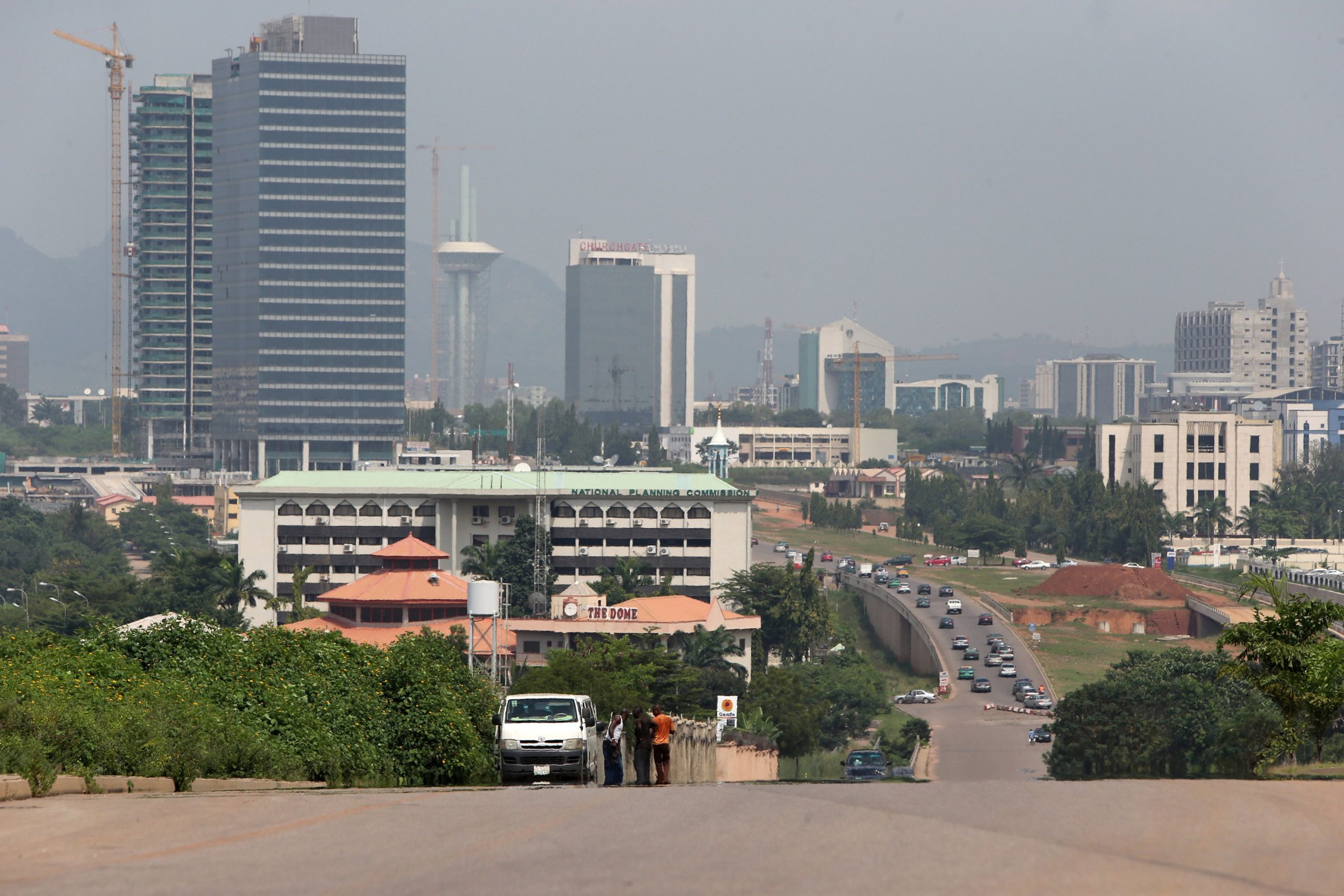- Buhari’s Economic Recovery Plan Inadequate
Stakeholders and economic experts, including the Manufacturers Association of Nigeria and the Lagos Chamber of Commerce and Industry, have said the President Muhammadu Buhari-led administration should expand its economic recovery plan as it is currently inadequate to lift the nation out of recession.
Buhari, in his New Year’s message to Nigerians, had said the economic recovery and growth plan in 2017 was anchored on optimising the use of local content and empowering local businesses.
He said the government would continue to appeal that the citizens bought ‘Made-in-Nigeria’ goods, describing farmers, small and medium-sized manufacturers, agro-allied businesses, dressmakers, entertainers and technology start-ups as the engine of economic recovery.
Commenting on the message, the Director-General, LCCI, Mr. Muda Yusuf, stressed the need for the government to stimulate investment across all sectors of the economy, including manufacturing, agriculture, exports and solid minerals.
“We need to ensure that all sectors are properly reactivated; so, we need to deal with issues that affect all the sectors together such as foreign exchange, interest rates, regulatory institutions and our trade policies,” he said.
According to him, while there has been remarkable progress made in rice production, agriculture is not only about rice.
He described access to funding and the issue of land being controlled by state governments as major challenges facing people in the agricultural sector.
Yusuf said, “We are also still lagging behind in mechanisation of agriculture. Ideally, we are on course but we should do a lot more not just in agriculture, but in all sectors because investment level is low across virtually in all sectors now.
“We also need to engage operators in each sector to be able to come up with sector-specific strategies that will bring the kind of turnaround that we expect.”
On the need to patronise made-in-Nigeria products, the LCCI DG noted that while it was necessary to appeal to the patriotism of Nigerians in that respect, the goods produced must also be affordable.
Yusuf stated, “We need to support them to bring down their costs because for many of them, the cost of production is too high as well as the cost of transporting the finished goods to the market.
“A lot of local producers have even closed down due to lack of foreign exchange. They cannot import some of their inputs, because they are included in the list of banned 41 items from accessing forex from the official market and yet you are talking about promoting goods made in Nigeria. Some of these things they say don’t add up.”
The Director, Economics and Statistics, MAN, Mr. Ambrose Oruche, said the government needed to outline how it intended to carry out the plans of growing the local manufacturing sector.
He said, “The government has stated what they are going to do to bring the economy out of recession in 2017, but the issue is that they have not given a breakdown of how they are going to do it.
“Are they going to deny people foreign exchange to encourage local sourcing of raw materials? Sourcing raw materials locally is not as easy as the President said, because there is a lot of process that the materials have to go through before they can become usable and it is a heavy investment, especially for the extractive industries.”
He added that the government should come up with incentives to attract investors.
Oruche said, “They said Nigeria has started making local rice, but where is the local rice? The government said the economy had taught us to stop buying branded clothes and patronise local tailors and garment manufacturers, how many people are doing that?”
The Director-General, West African Institute for Financial and Economic Management, Prof. Akpan Ekpo, said, “If 85 per cent of what is in the budget is implemented, we will be on the road to recovery by the third quarter of the year. If we reduce our dependence on imports, we will conserve foreign exchange, which we don’t have enough of because demand exceeds the supply.”


 Billionaire Watch3 weeks ago
Billionaire Watch3 weeks ago
 Startups4 weeks ago
Startups4 weeks ago
 News4 weeks ago
News4 weeks ago
 News4 weeks ago
News4 weeks ago
 Bitcoin4 weeks ago
Bitcoin4 weeks ago
 Naira4 weeks ago
Naira4 weeks ago
 Forex3 weeks ago
Forex3 weeks ago
 Treasury Bills4 weeks ago
Treasury Bills4 weeks ago
























